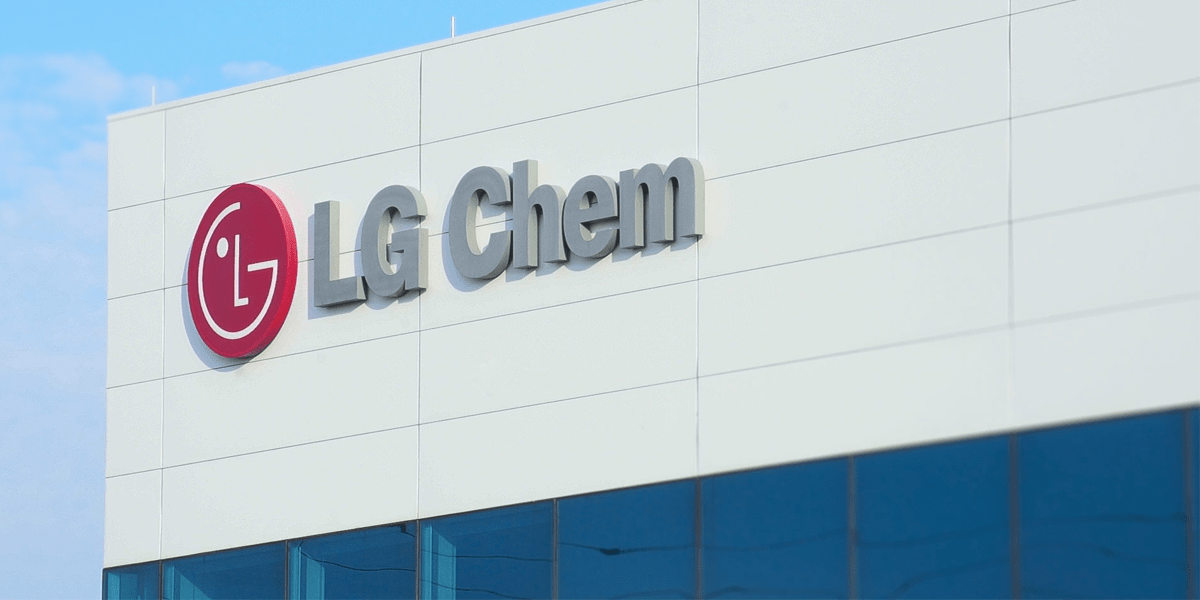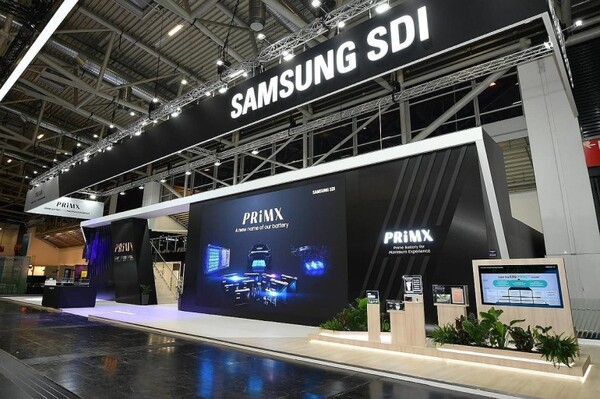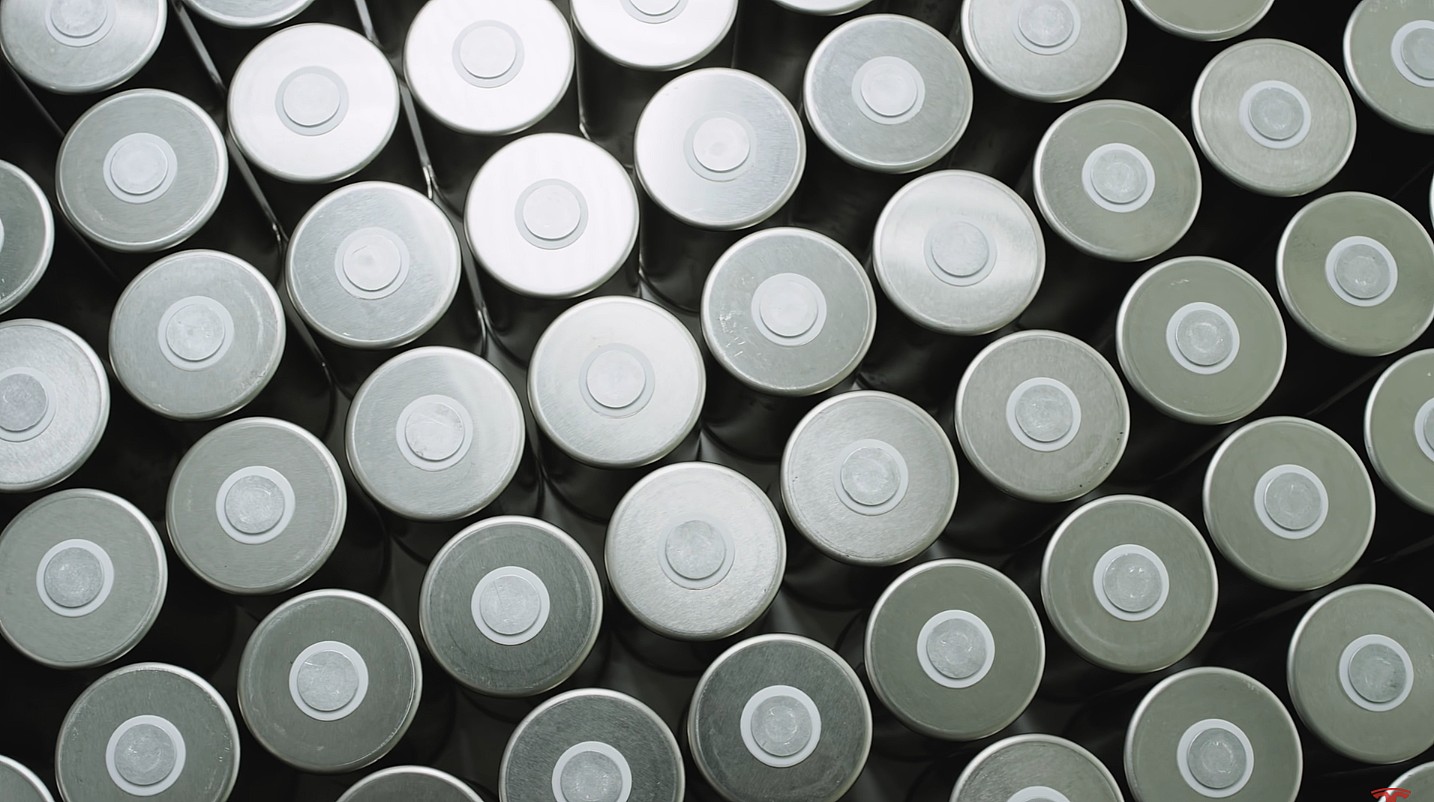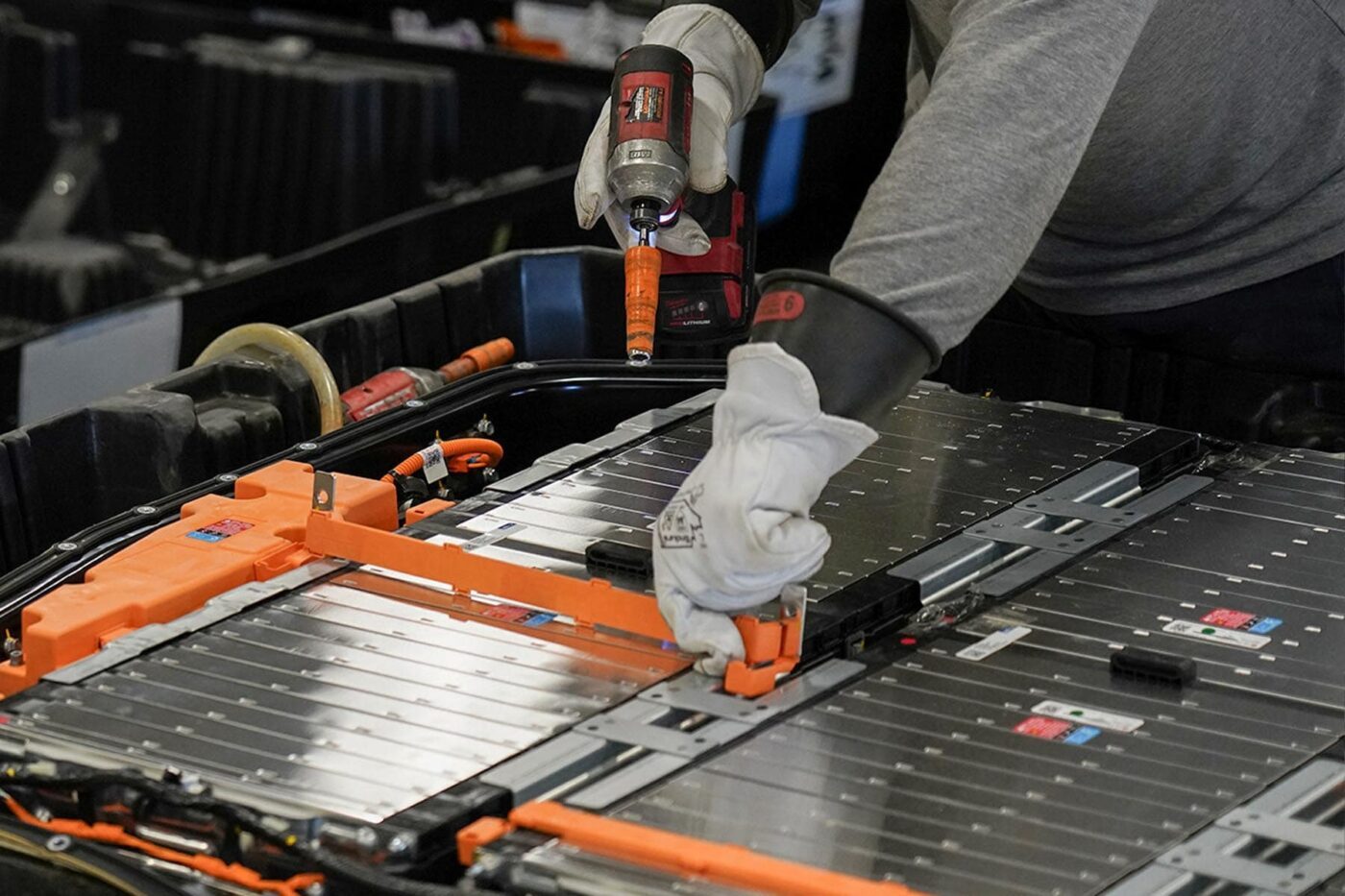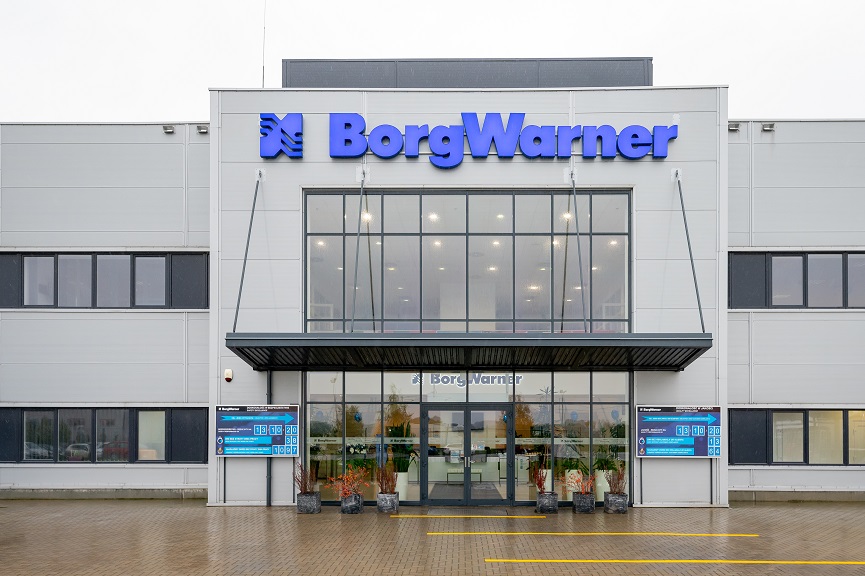Epsilon Advanced Materials (EAM) is set to establish a technology center for LFP (lithium iron phosphate) cathode materials in Moosburg, Germany, following in the footsteps of Johnson Matthey. According to a statement by EAM, the Moosburg plant will facilitate the production of LFP and LMFP (lithium manganese iron phosphate) cathodes on a laboratory and pilot scale, expediting the company’s plans for LFP cathode production in India. The Indian division’s cathode material plant is scheduled to commence operations this year, aiming for a planned output of 100,000 tonnes of LFP cathode material by 2030.
EAM emphasizes the versatility of the Moosburg plant, featuring a pilot plant for validating new materials. The acquisition aligns with the company’s commitment to delivering advanced solutions to the evolving electric vehicle (EV) battery market, as stated by Vikram Handa, Managing Director of EAM. The technology center strategically positions EAM to lead the industry in cathode material manufacturing.
See also: Finnish Minerals Group and Epsilon Advanced Materials considers construction of anode material plant
The Moosburg center is expected to enable EAM to produce both cathode and anode materials for lithium-ion batteries. The company is planning to construct an anode material plant in Bellari, India, with an estimated investment of around 100 million euros. Additional facilities include a graphite anode material plant in Brunswick County, USA, and a graphite processing plant in Vaasa, Finland.
EAM’s entry into Germany is a result of the unexpected withdrawal of the British chemicals group Johnson Matthey from the automotive battery materials business in 2021. Johnson Matthey sold parts of its business to EV Metals Group and Nano One Materials in 2022.


